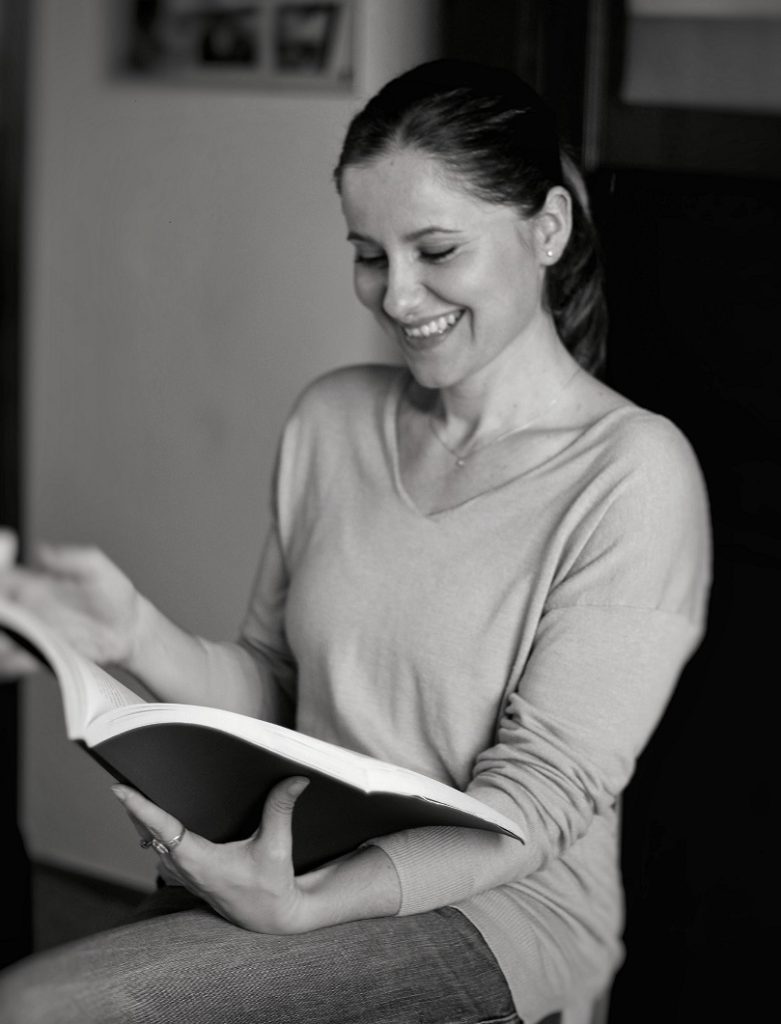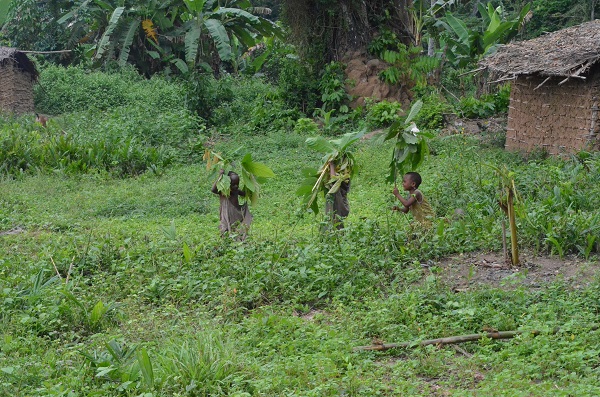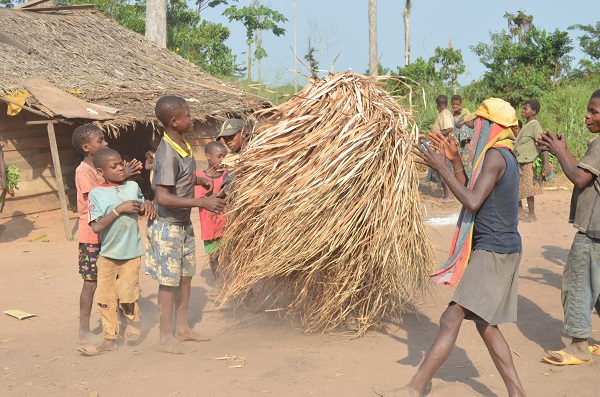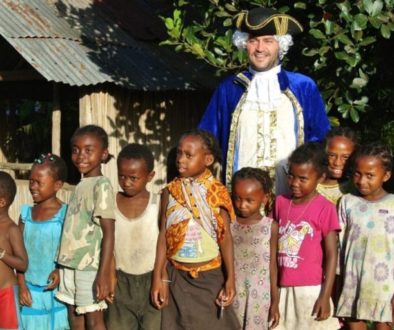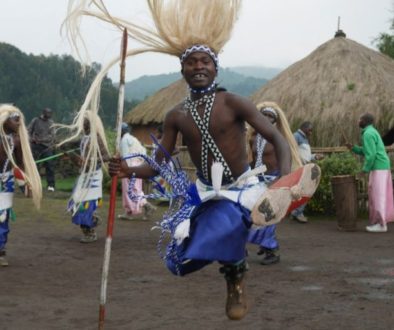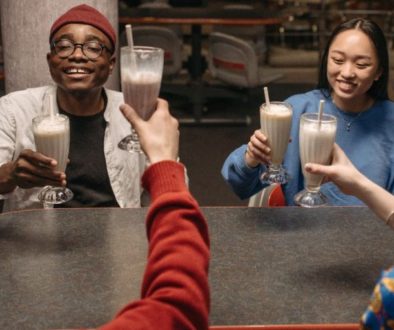Into the Forests of Congo-Brazzaville – Hidden Life of Hunters-Gatherers Amidst Modernity

How often do you hear people say they wish everything was like it used to be when they were little? Discussions about what technology has brought but also taken away from us, take place in many gatherings. Considering the stress and hectic pace of city life that was brought toward the end of the 90’s, would you rather have preserved a traditional way of living? In our next ASU Talk we are going to look at the life of one of the African societies.
Daša Bombjaková, a Slovak anthropologist, will share her experiences with the Mbendjele BaYaka hunter-gatherers of the Congo Basin.
Daša has spent 18 months in the field site, which was in the forests of Congo-Brazzaville, for her research. For the record, there are two countries in Central Africa with a similar name. The Democratic Republic of the Congo and the Republic of the Congo. Congo-Brazzaville refers to the latter, which was formerly part of the French colony of Equatorial Africa. The republic was established in 1958 and gained independence from France in 1960.
Politics aside, we are more curious about the lives of Mbendjele BaYaka, an egalitarian, semi-nomadic hunter-gatherers living in the Republic of the Congo. They are often referred to as Pygmies, which is a general term used in academic literature. However, as Daša says, this term has a derogatory connotation.
Pygmy means a dwarf person. Nevertheless, they prefer being called forest people. Quite on point! There are different groups in the forests and a spectrum of traditions. You can easily spot a specific tradition in one group and notice it’s completely ignored in the other. Like their way of celebrating when a child is born or the circumcision ceremonies. We don’t want to give away too much and spoil it for you before the session with Daša, but rest assured that you will be fascinated. Living in a forest isolated from the rest of the world means everyday life doesn’t resemble our everyday activities. The way they communicate, the way they share are all very specific and special to them. Just like we have been trying to show to the world, diversity is beautiful. They make life more interesting.
Mbendjele women and children spend their days together in loud, noisy groups with children, gathering, dam fishing and trapping small animals. On the other hand, men are more solitary, so as are their hunting trips. Mbendjele are semi-nomadic, which means some parts of the year they spend in the forest camp, and some in proximities to the villages. This is where they encounter with the Bilo. BaYaka refer to any village-dwelling farmer or fisherman community as Bilo. Their relationship is very complex, often discriminatory towards the BaYaka, but varies greatly across the region.
However, life for the societies who are trying to maintain their traditional way of living is not without challenges. As a matter of fact, it’s been under serious threat for some time now. To find out more about these struggles, about the BaYaka traditions and their curious life, you are invited to join us in the next ASU Talk session on 25th of April at 6 PM. Make sure to send any questions you might have for Daša and we will make sure to address them.
Article by: Özlem Saliji

